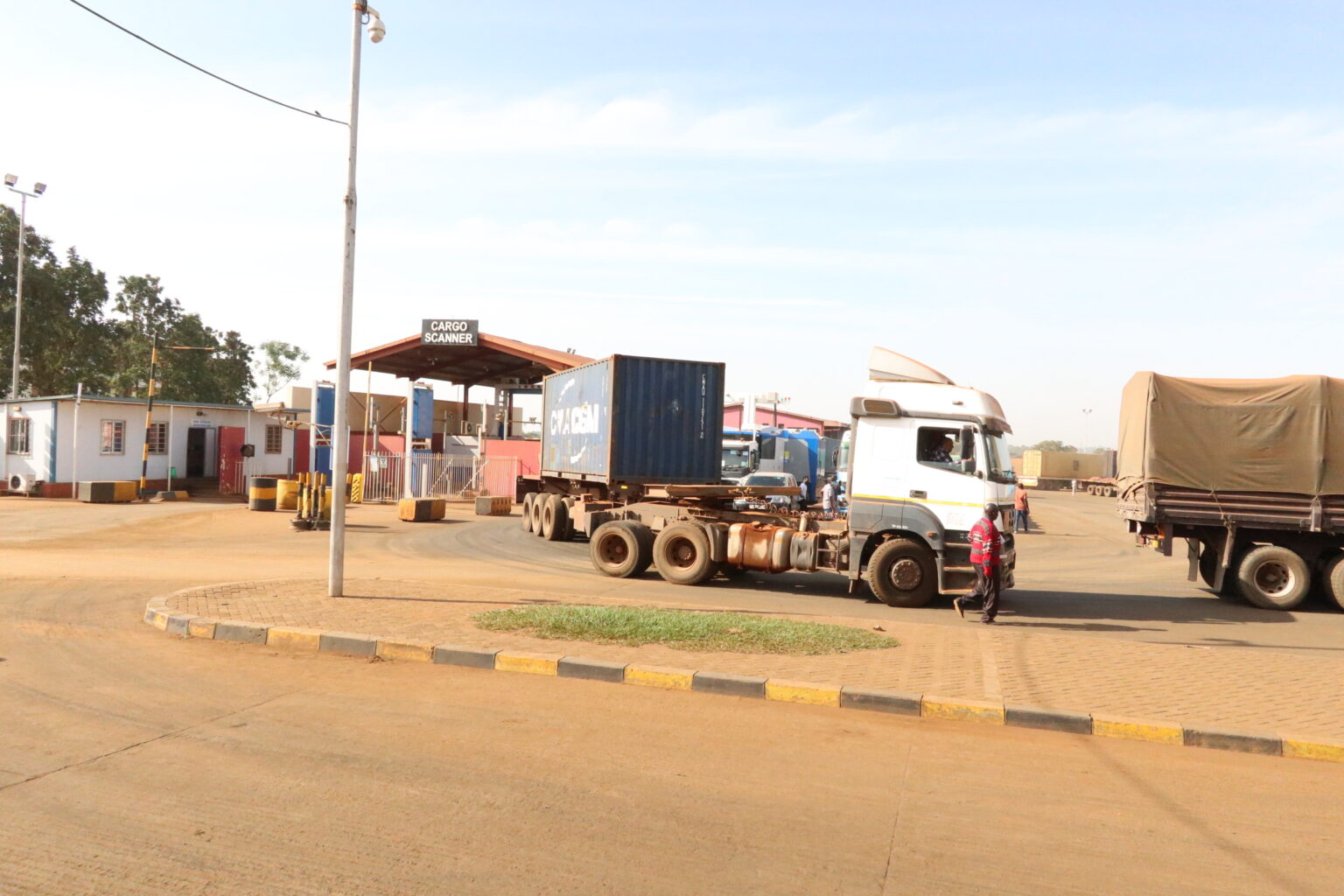- Cross border business between Kenya and Uganda is stifled by Kenya
- Cross border traders decried the impounding of products from Kenya and Uganda by both countries
- Intra-EAC trade decreased from 21 per cent in 2015 to 14 per cent attributed to Non-Tariff Barriers (NTBs)
Cross border business between Kenya and Uganda via Busia One-Stop Border Post is being hampered by Kenya.
The East African Business Council (EABC) and TradeMark East Africa (TMEA) say the unilateral bans on products, high fees by the Agriculture & Food Authority (AFA)-Kenya, trade information asymmetry and single lane road on Kenya’s side stifle business between the two East African countries.
Cross border traders decried the impounding of fish from Kenya destined for the Democratic Republic of Congo worth Ksh40 million in October 2021 by Uganda and import ban on eggs and sugarcane by Kenya.
Read: Kenya’s Tea Party: Robots taking over peasants jobs
Speaking during the EABC-TMEA Public-Private Dialogue at the Busia One-Stop Border Post, John Bosco Kalisa, the EABC CEO said, “Decline of intra-EAC trade from 21 per cent in 2015 to 14 per cent is highly attributed to Non-Tariff Barriers.”
Different Covid-19 measures, fees resulted in a traffic queue of cargo trucks at the Busia border.
Philip Koech from Kenya Revenue Authority Customs said, “Cargo snarl-up at Busia border has reduced from 30KM to 10KMs.”
Uponja Emmanuel Uganda Revenue Authority said, “Clearance of cargo used to take 2 to 3 days before the establishment of the One-Stop Border Post but now it takes 4-3 hrs and less than 30 minutes for transit goods.”
Charles Omusana, Principal Economist (Investment & Private Sector Promotion), EAC Secretariat lauded the public-private dialogue at the border as a platform to listen to how the EAC and trade facilitation agencies have been performing at the eyes of East Africans and businesses.
Mariam Babu, Chairperson of Busia Women Cross Border Traders -Uganda said “the EAC Simplified Trade Regime (STR) has enabled women to cross border traders to move from formal to informal trade at Busia border.”
She stated that Covid-19 restrictions on lockdown collapsed businesses for small-scale cross-border traders.
Babu urged for the removal of product bans such as sugarcane and eggs as these are commonly traded goods under the EAC Simplified Trade Regime.
Read: Scaling up private sector investment in infrastructure -AFDB
He urged for more support to modernize the trade information desk to enable traders to access information on currency rates, most selling products for the season foods, and new regulations among other data.
Charles Achieng Chairperson Busia Traders Association called for a structured engagement mechanism for traders at the border to the national and regional level to inform the formulation of policies.
On his part, Lamech Wesonga, Manager Policy & Standards explained that the East African Business Council in partnership with East African Law Society has rolled out a legal clinic at the Busia border to support cross-border traders.
The Public-Private Dialogue recommended for upgrading of the trade information desk; fiscal support for business recovery of small cross border scale traders, regular holding of joint borer committees, harmonization of domestic taxes in EAC, infrastructure upgrade and elimination of non-tariff barriers such as roadblocks and updating of commonly traded goods under EAC- Simplified Trade Regime.
The EABC-TMEA public-private dialogue at Busia OSBP attracted over 60 delegates composed of trade facilitation agencies, importers, exporters, transporters and women cross-border traders.
Read: Is Aid To Africa Stifling Economic Development?
